Most homeowners have had to deal with a dampness in the basement or even in the laundry room. This problem is caused by the excess moisture in these rooms. This problem can be experienced even in homes with air conditioning thus a dehumidifier is needed.
Do I need a dehumidifier?
Any homeowner requires a dehumidifier if the relative humidity levels in the house are over 30% in the winter months and over 50% in the summer months.
How I measure the humidity to know the humidity levels are high?
You can easily measure the humidity of your basement with a hygrometer (can be purchased from most retail stores).
If you have no access to a hygrometer, then you can look out for the following signs:
- If the basement is damp and you can smell mildew and mold, this is a clear sign of high humidity.
- In extreme humidity levels in the basement, you will be able to spot condensed water on the walls or puddles of water on the basement floor.
For more information on why you should by a basement dehumidifier, check out our comprehensive list of why choose a dehumidifier.
How does a dehumidifier work?
There are a number of designs for basements dehumidifiers from different brands in the market today. However, in many dehumidifiers, moist air in the basement is directed over coolant filled coils by a fan. The moisture condenses over the coils and drips into a collection apart. The dry air is then expelled back into the basement.
How do I pick the right basement dehumidifier for my basement?
To pick the best basement dehumidifier, you must understand:
- The capacity of the dehumidifier – The efficiency of any basement dehumidifier is not determined by its size, but by its capacity. Capacity refers to how many pints of water the basement dehumidifier is able to extract from the basement in a single day.
- The size of your basement – This is a very easy task for anyone. It is important to get the exact measurements in square feet. Most basement dehumidifiers capacity is measured in per square footage of the basement.
You can use the table below as a guide to help understand how the size of the basement and capacity related to determining the best basement dehumidifier for you:
|
The condition of the basement |
1500 Sq. Ft. |
2000 Sq. Ft. |
2500 Sq. Ft. |
3000 Sq. Ft. |
4000 Sq. Ft. |
|
Moderately damp room with a musty smell. |
55/90 Pints |
90 Pints |
100 Pints |
120 Pints |
140 Pints |
|
Very moist room with damp stains on the floor and walls. |
55/90 Pints |
90 Pints |
100 Pints |
120 Pints |
140 Pints |
|
Very wet room with clear wet walls and floor. |
55/90 Pints |
90 Pints |
100 Pints |
120 Pints |
140 Pints |
|
Extremely wet room with puddles of water on the floor and dripping water on the walls |
90 Pints |
100 Pints |
120 Pints |
140 Pints |
140 Pints |
(The pints are measured after 24 hours)
Other important features to consider while choosing a basement dehumidifier, are:
- Plan to dispose of the water – If you have a very wet basement, it could mean your dehumidifier is produced over 12 pints of water. This would really mean you have to empty the collection container a few times a day. Most people would like to avoid this situation by choosing one of these two options :
- Buy a basement dehumidifier with a pump that is able to pump water to sink or out of the house
- Buy a basement dehumidifier that can be connected to a hose to drain the water.
- Buy a basement dehumidifier that is able to operate optimally even at low temperatures.
- Choose a basement dehumidifier with an auto humidistat – This allows the dehumidifier to automatically turn on and off depending on the level of humidity in the basement. This saves the energy and keeps the basement dry.
- Ask how noisy the basement dehumidifier is? Buying a dehumidifier that produces tolerable noise and buzzing. Is important to ensure your home remains comfortable.
For the best basement dehumidifier in visit crawlspace and basement dehumidifier.

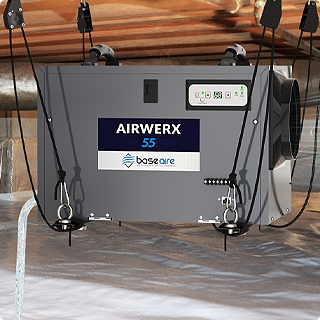
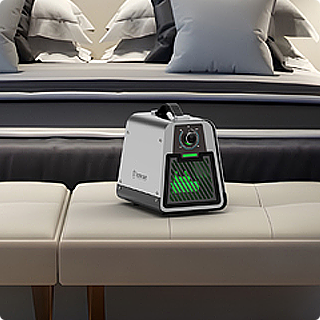
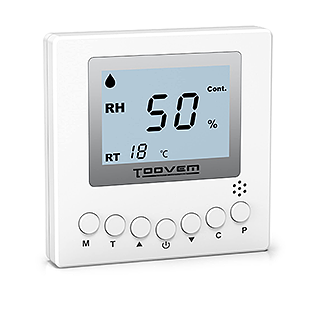
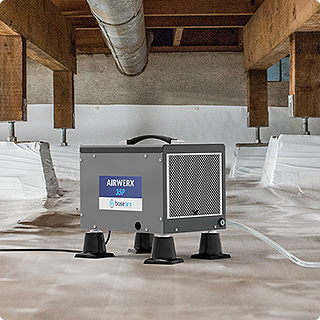
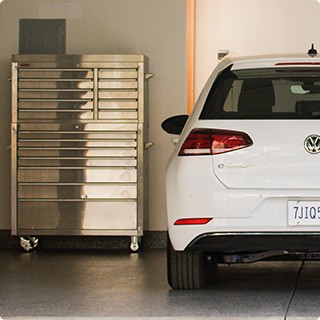
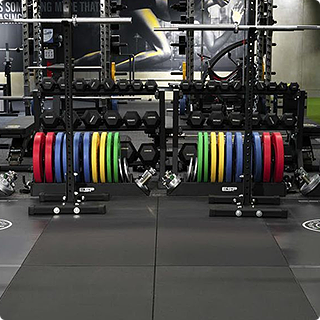
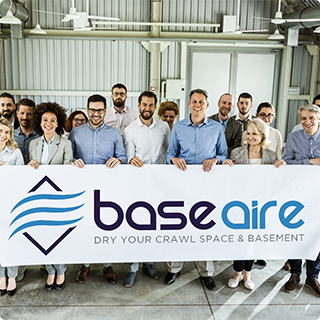

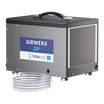
![BaseAire 888 Pro 7,000 mg/h Ozone Generator, Digital O3 Machine Home Ozone Machine Deodorizer - Ozone Generator from [store] by Baseaire - Disinfection, Ozone Generator](http://www.baseaire.com/cdn/shop/products/888-Pro-_-1.jpg?v=1698817267&width=104)
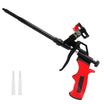

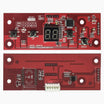








Leave a comment
All comments are moderated before being published.
This site is protected by reCAPTCHA and the Google Privacy Policy and Terms of Service apply.